
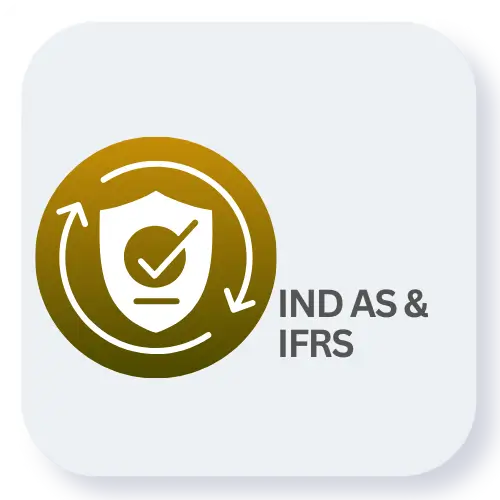

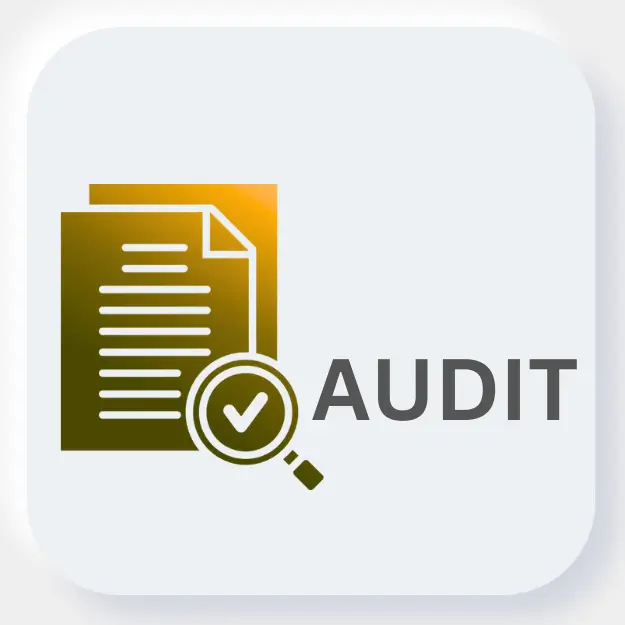
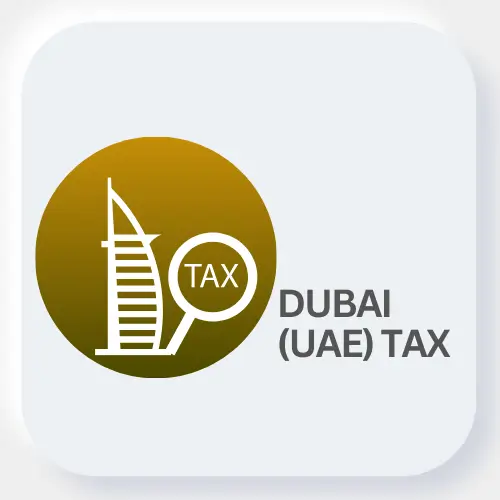


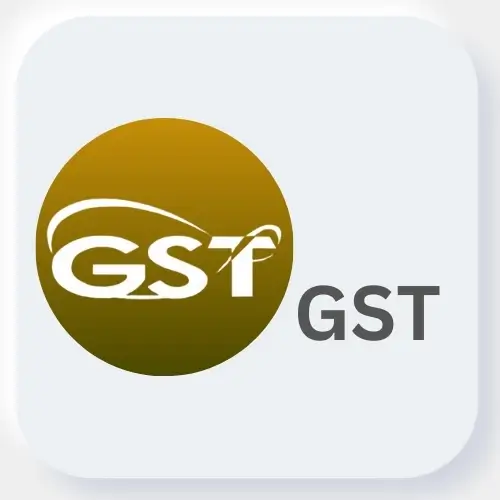
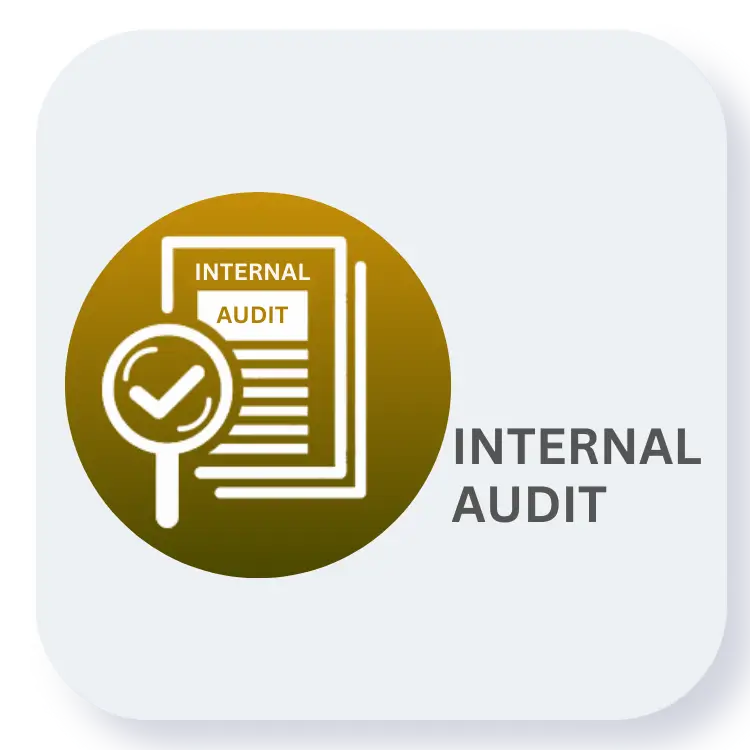



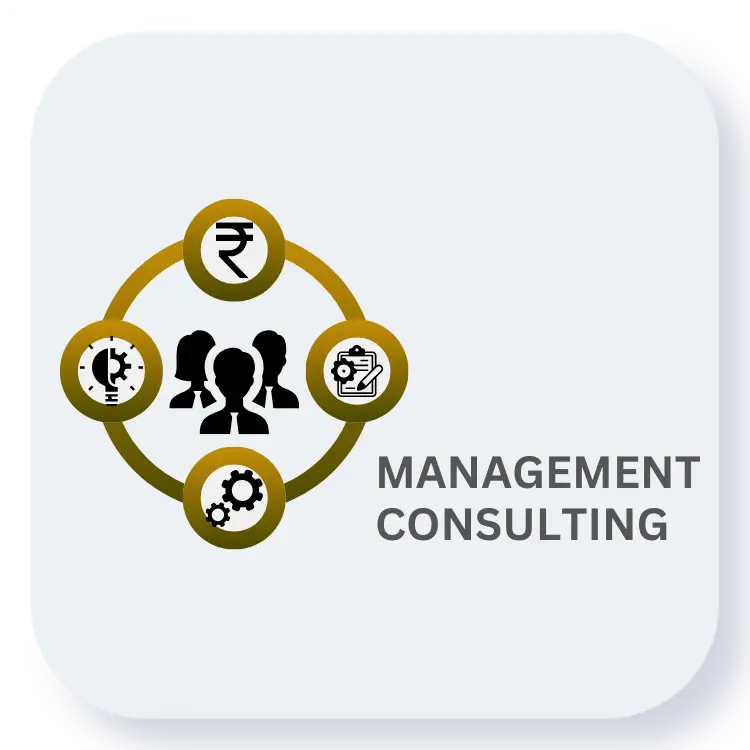

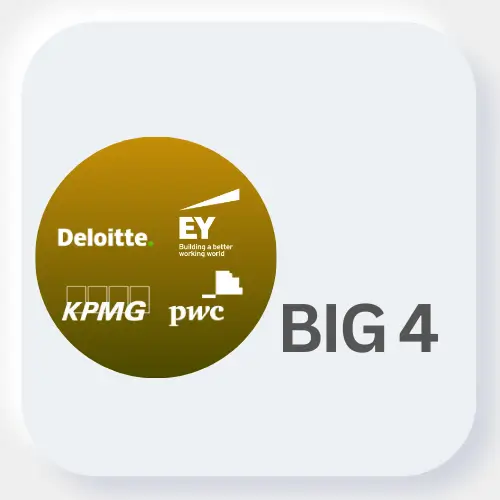


















In the world of finance, some roles quietly run the show — and Record to Report (R2R) is one of them. For any chartered accountant eyeing success in CA jobs in India or trying to break into the Big 4, the R2R interview is a critical checkpoint in the hiring journey and finding r2r interview questions with answers at one place is also tough.
The R2R process is more than just closing books. It’s the backbone of a company’s financial statement accuracy, compliance, and strategic reporting. From journal entries to reconciliations, from ledger scrutiny to audit prep, this domain demands both technical sharpness and a process-driven mindset — key ingredients for cracking interview questions in the Big 4 or other top CA jobs in India.
R2R is the financial heartbeat of every company. It connects daily transactions to executive-level financial statements, enabling informed decisions. For a chartered accountant, especially one preparing for CA jobs in India, mastering this is essential.
Whether you're targeting a Big 4 firm or a leading corporate, R2R knowledge enhances your interview preparation. It shows you understand the link between accounting entries and business strategy — something interviewers love to test with detailed interview questions.
Being fluent in each of these can make your R2R interview journey smoother and help land top-tier CA jobs in India.
Checkout Our Course: Top All MasterClasses Mega Package
To crack the R2R interview, one must anticipate a mix of technical and behavioral interview questions. Below are some frequently asked R2R-focused questions perfect for your interview preparation:
R2R Interview Questions & In-Depth Answers
Answer: Let’s understand.
R2R = Record to Report.
Sounds fancy, right? But it’s basically the process where all those boring debit-credit entries in
the system turn into shiny reports that bosses use to show off in board meetings.
So what actually happens in R2R?
Because without it, companies would have no clue what’s happening with their money. It brings structure, accuracy, and clarity to financials.
Answer:
There are three golden rules, based on the type of account you're dealing with.
1. Personal Account Rule: Debit the receiver, Credit the giver
Example: You paid ₹5000 to Ramesh.
Ramesh is the giver (of goods/services), so credit Ramesh.
Cash is going out, so debit Cash (more on that in a sec).
2. Real Account Rule:
Debit what comes in, Credit what goes out
This one’s for assets - things you can see, touch, and brag about in your financials.
Example: You bought furniture.
Furniture came in → Debit Furniture
Cash went out → Credit Cash
Simple? Yes. Boring? Also yes.
The three golden rules are the foundation of double-entry accounting:
These are commonly tested in chartered accountant interviews for R2R roles to assess basic conceptual clarity.
Answer:
Accrual means you record income and expenses when they actually happen—not when the cash comes
in or
goes out. So if you’ve delivered a service in March but the client pays in April, it still shows
up
in March’s books.
Matching is about timing too. It says that expenses should be recorded in the same period as the revenue they’re linked to. If a cost helped you earn income in a particular month, that’s when it should be recorded—no matter when you paid for it.
These two are basic but essential if you want your financials to make sense.
Answer:
Accrual is when you record something before the money moves—like unpaid salaries at month-end.
Deferral is the opposite—you’ve already paid or received the money, but the actual accounting is pushed to a future period. A common one is prepaid rent.
Both show up a lot in closing entries, so if you’re working in R2R, you’ll be using them regularly.
Answer:
The general ledger is where everything ends up. Sales, expenses, payments—whatever it is, it
gets
posted here.
In any finance role, especially R2R, the GL needs to be clean and accurate. If something’s off here, your financial statements will be off too. And when audit time comes, a messy ledger just creates problems.
So maintaining it properly isn’t just good practice—it’s the base for everything else in accounting.
Answer:
Reconciliation is just about checking if two records match—like comparing your bank balance with
what’s in your books. If there’s a gap, you find the reason and fix it.
It’s a regular task during month-end. Might seem small, but it’s what makes sure your numbers actually reflect reality.
Answer:
As a CA, your R2R responsibilities include:
Your analytical and audit readiness adds value to Big 4 firms in financial reporting and variance analysis.
Answer:
These are key deliverables in month-end reporting cycles.
Answer: Closing entries transfer balances from temporary accounts (like revenue and expenses) to permanent accounts (retained earnings).
Essential for finalizing books at month-end or year-end closing, making it a must-know for financial statement preparation.
Answer:
Mentioning examples of how you resolved unreconciled balances during an audit shows real-world application and attention to detail.
Answer:
It involves matching transactions between two legal entities within the same group (e.g., sales vs. purchase, receivables vs. payables).
It ensures group-level consolidation accuracy and prevents double counting in financial reports.
Answer:
These entries ensure alignment with the matching and accrual concepts in R2R accounting.
Answer: A trial balance checks the mathematical accuracy of debits and credits in the ledger. It’s the base for drafting financial statements and identifying mispostings — a vital tool for financial accuracy in the R2R cycle.
Answer:
Compliance ensures that reports are audit-ready and legally defensible — a priority for CA jobs in India.
Answer: Used to compare actuals vs. budget/forecast.
Steps:
It tests your analytical thinking, often in senior R2R interview questions.
Answer:
Knowing when to apply each is important for GAAP/Ind AS compliance in R2R financial reporting.
Answer:
Proficiency in ERP systems streamlines reconciliations, automations, and reporting — crucial for Big 4 interviews.
Answer:
This reflects process orientation, highly valued in interview preparation.
Answer:
Talk about your experience supporting or conducting audits in R2R environments.
Answer:
“As a Chartered Accountant, I’ve always been drawn to the integrity and precision involved in financial statement preparation. R2R allows me to leverage my technical knowledge, automate processes, and drive strategic insights. I thrive in deadline-driven environments and find purpose in delivering accurate financial reports that impact key business decisions."
Also Read: Top CA Firms
Stay updated with IFRS, GAAP, and Ind AS, especially for companies operating globally or listed entities.
Master SAP, Oracle, and Excel-based automation for reconciliations, consolidation, and reporting. Mention any certifications or experience during your interview preparation.
Talk about:
This proves you're a value-adding professional in R2R roles.
When asked behavioral questions like:
"Tell me about a time you handled tight deadlines in R2R..."
S: Month-end close at my last internship
T: Submit consolidated financials within 2 days
A: Created templates, automated GL reports, cross-checked entries with team
R: Met deadlines, improved accuracy, appreciated by seniors
Also Read: How to get into Big4?
Acing the R2R interview is not just about knowing debits and credits. It's about showing that as a chartered accountant, you're prepared to drive accuracy, compliance, and insight in every financial statement you touch.
For those aspiring to CA jobs in India or planning their next move into the Big 4, focused interview preparation and mastering expected r2r interview questions will set you apart.
Because in the R2R world, you don't just report numbers — you own the narrative behind them.
Checkout Our Free Course: Decide your domain